Sanofi, AstraZeneca report promising RSV pediatric data ahead of Pfizer Adcomm
Sanofi, AstraZeneca report promising RSV pediatric data ahead of Pfizer Adcomm
Published: May 12, 2023
By Tristan Manalac
BioSpace
New data from the Phase IIIb HARMONIE trial showed Sanofi’s and AstraZeneca’s respiratory syncytial virus antibody candidate nirsevimab exerts a strong protective effect in infants under 12 months, the companies announced Friday.
Compared with no immunization, a single dose of nirsevimab led to an 83.21% drop in hospitalizations due to lower respiratory tract disease (LRTD) associated with respiratory syncytial virus (RSV) infections. Meanwhile, admissions due to severe RSV-related LRTD, defined as oxygen levels below 90%, were lower by 75.71% following nirsevimab administration.
The antibody candidate also reduced the overall incidence of all-cause LRTD hospitalization by 58.04%, which could lessen the overall healthcare burden “if all infants receive nirsevimab,” the companies wrote in their press announcement.
With an estimated enrollment of 22,000 infants, HARMONIE is a large-scale European study assessing the efficacy of a single nirsevimab dose at eliciting RSV protection, as compared with no immunization. Aside from efficacy, the study also evaluated the candidate’s safety and found a favorable safety profile consistent with what had previously been established.
Nirsevimab is an investigational long-acting antibody that induces passive immunity against RSV by binding to the part on the virus that it uses to attach to its target cells. In turn, this mechanism of action blocks RSV from entering the cells of its host, thereby preventing infection at a cellular level.
In January 2023, the FDA accepted nirsevimab’s BLA, which the pharma partners supported with data from the Phase III MELODY and Phase II/III MEDLEY trials, along with other Phase IIb data.
Across these studies, a single dose of nirsevimab consistently demonstrated protection levels of around 80% against medically attended RSV infections.
Sanofi and AstraZeneca inked the partnership to develop and commercialize nirsevimab in March 2017.
RSV Race Heats Up
Friday’s data drop from Sanofi and AstraZeneca comes ahead of a Vaccines and Related Biological Products Advisory Committee (VRBPAC) meeting for Pfizer’s RSV hopeful Abrysvo, which the company is proposing as a maternal injection to prevent infections in infants from birth through 6 months of age.
The advisory committee meeting is set for May 18.
Pfizer is among the leaders in the pediatric RSV vaccine race. Top-line data from its Phase III MATISSE trial, which the company used to support Abrysvo’s BLA, demonstrate a vaccine efficacy rate of 66.7% against RSV-associated lower respiratory tract illness (LRTI) with two or more symptoms. This estimate grew to 85.7% against severe LRTI, which included at least three symptoms.
The FDA will decide on Abrysvo’s fate in the pediatric setting by August 2023.
GSK also used to be a frontrunner in the race to develop an RSV vaccine for kids, but in February 2020, the company had to suspend three maternal trials due to safety concerns. One has been withdrawn completely, while the other two remain active but have terminated vaccination.
Last week, GSK won the FDA’s first approval for an RSV vaccine for older adults aged 60 years and above.
Source: BioSpace

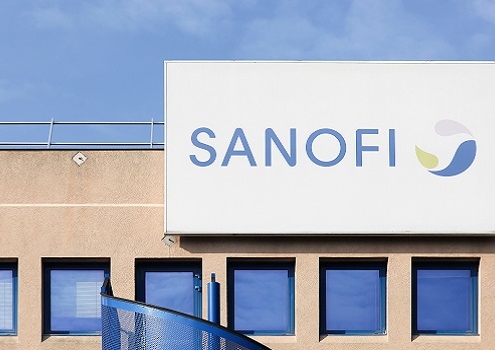
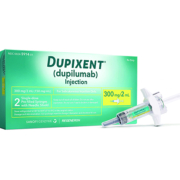

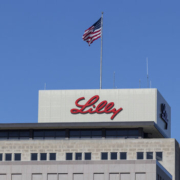

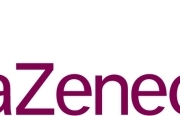

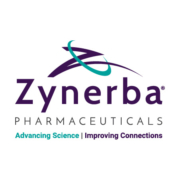


 Reuters Health
Reuters Health